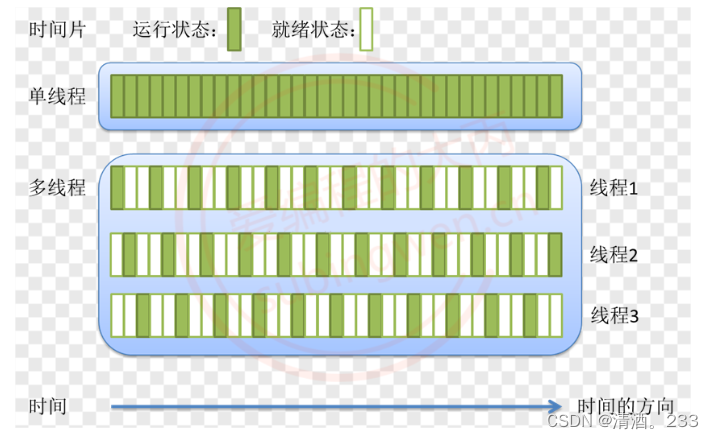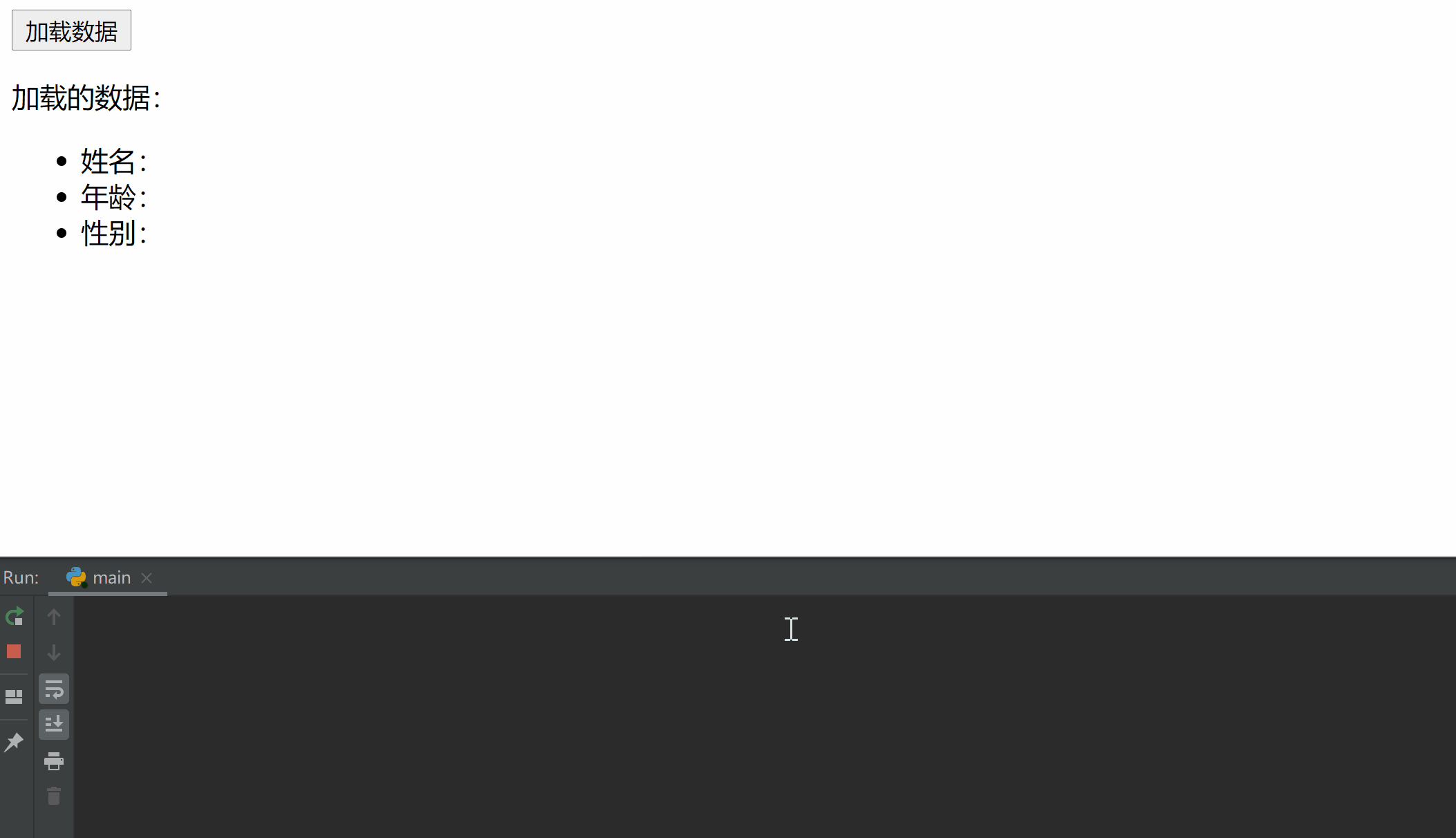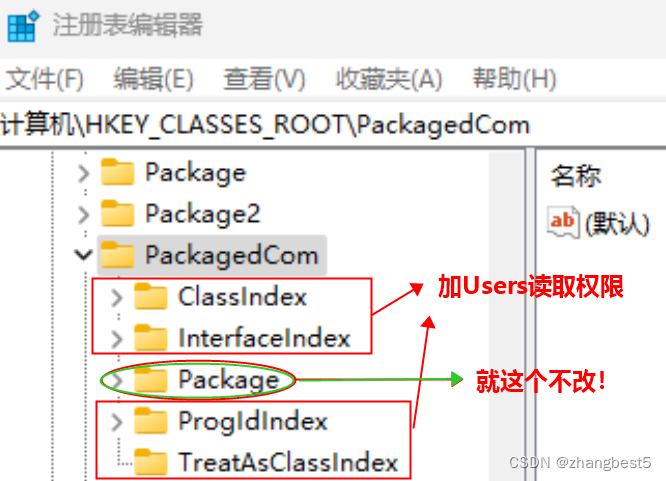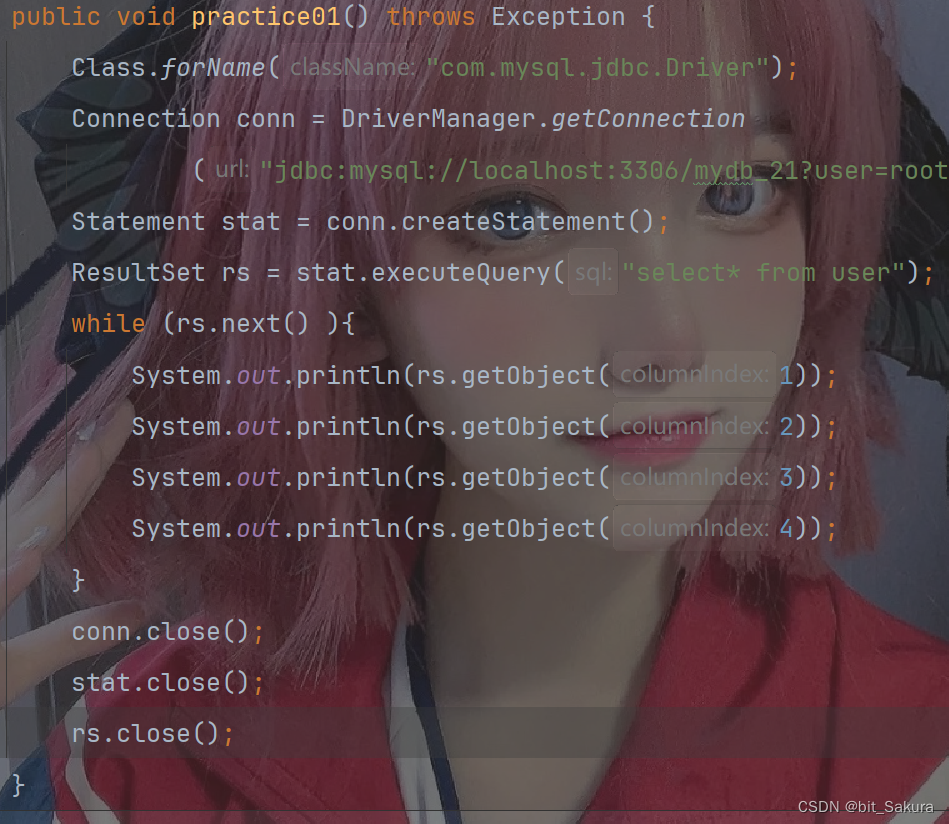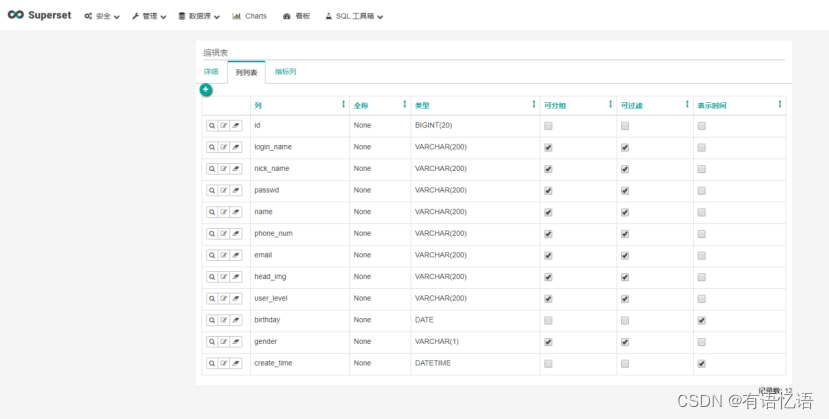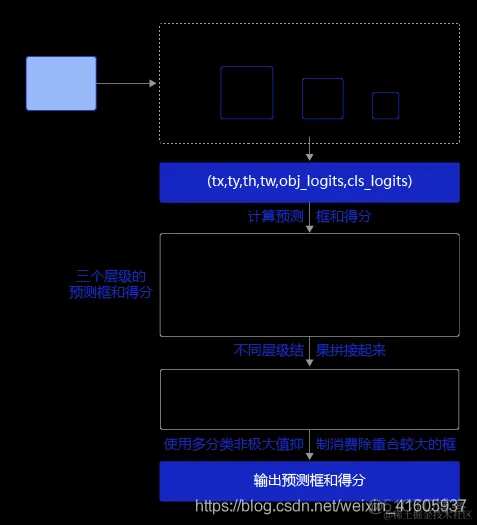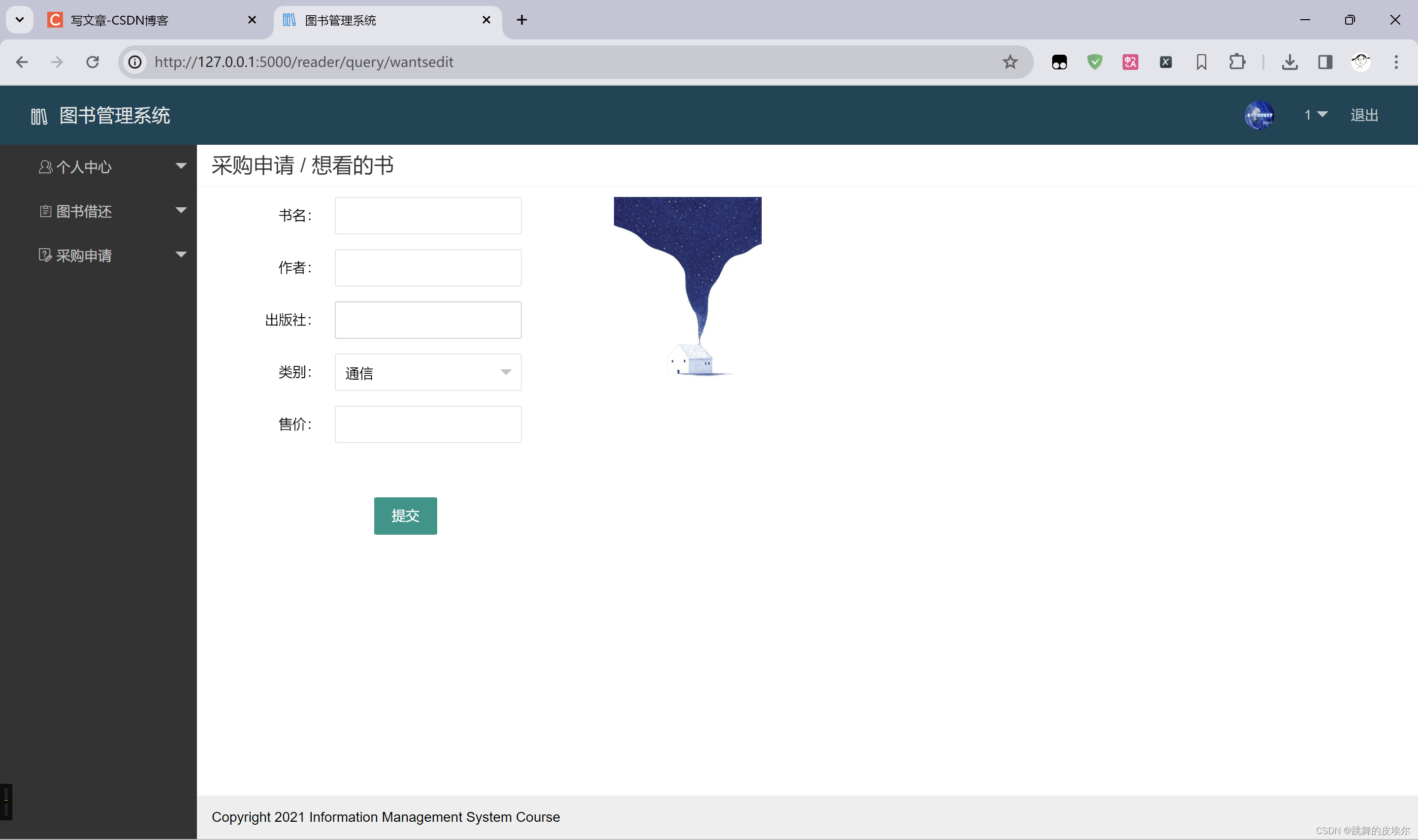一、线程概述
◼ 与进程(process)类似,线程(thread)是允许应用程序并发执行多个任务的一种机
制。一个进程可以包含多个线程。同一个程序中的所有线程均会独立执行相同程序,且共
享同一份全局内存区域,其中包括初始化数据段、未初始化数据段,以及堆内存段。(传
统意义上的 UNIX 进程只是多线程程序的一个特例,该进程只包含一个线程)
◼ 进程是 CPU 分配资源的最小单位,线程是操作系统调度执行的最小单位。
◼ 线程是轻量级的进程(LWP:Light Weight Process),在 Linux 环境下线程的本
质仍是进程。
◼ 查看指定进程的 LWP 号:ps –Lf pid
二、线程和进程区别
◼ 进程间的信息难以共享。由于除去只读代码段外,父子进程并未共享内存,因此必须采用
一些进程间通信方式,在进程间进行信息交换。
◼ 调用 fork() 来创建进程的代价相对较高,即便利用写时复制技术,仍然需要复制诸如
内存页表和文件描述符表之类的多种进程属性,这意味着 fork() 调用在时间上的开销
依然不菲。
◼ 线程之间能够方便、快速地共享信息。只需将数据复制到共享(全局或堆)变量中即可。
◼ 创建线程比创建进程通常要快 10 倍甚至更多。线程间是共享虚拟地址空间的,无需采
用写时复制来复制内存,也无需复制页表。
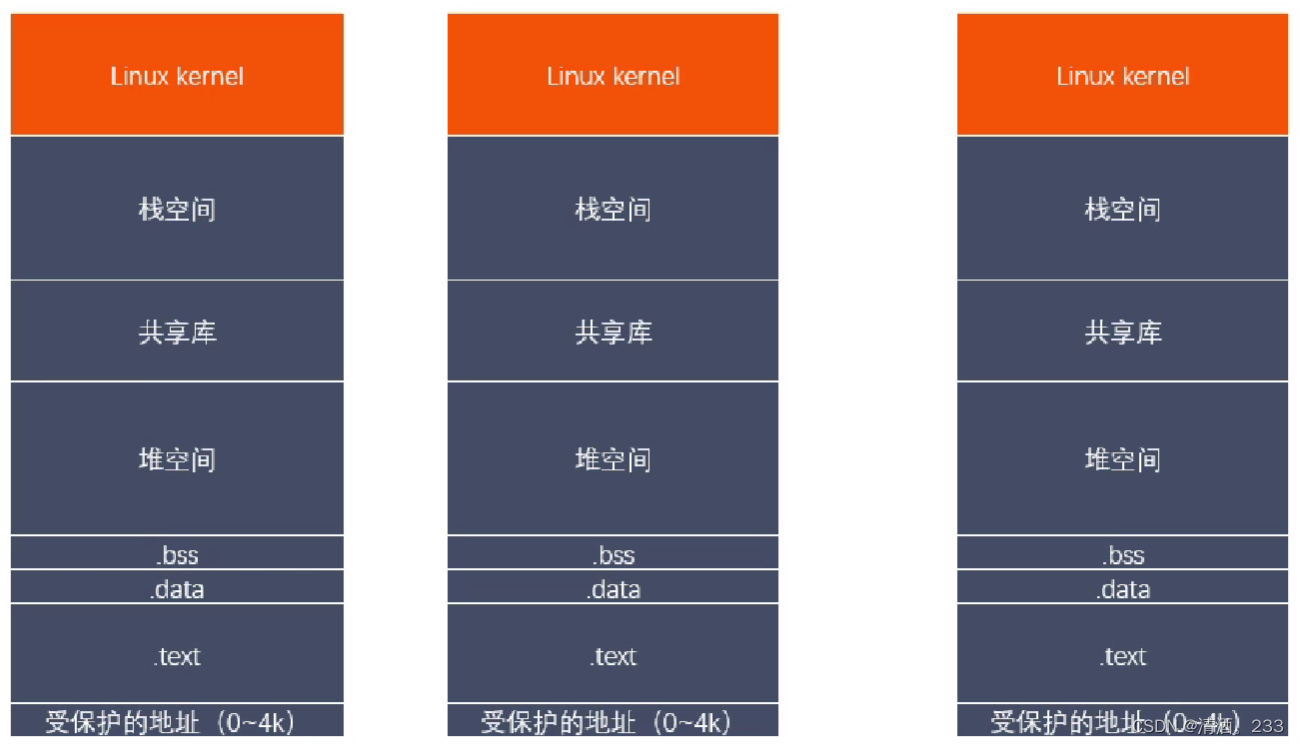
三、线程之间共享和非共享资源
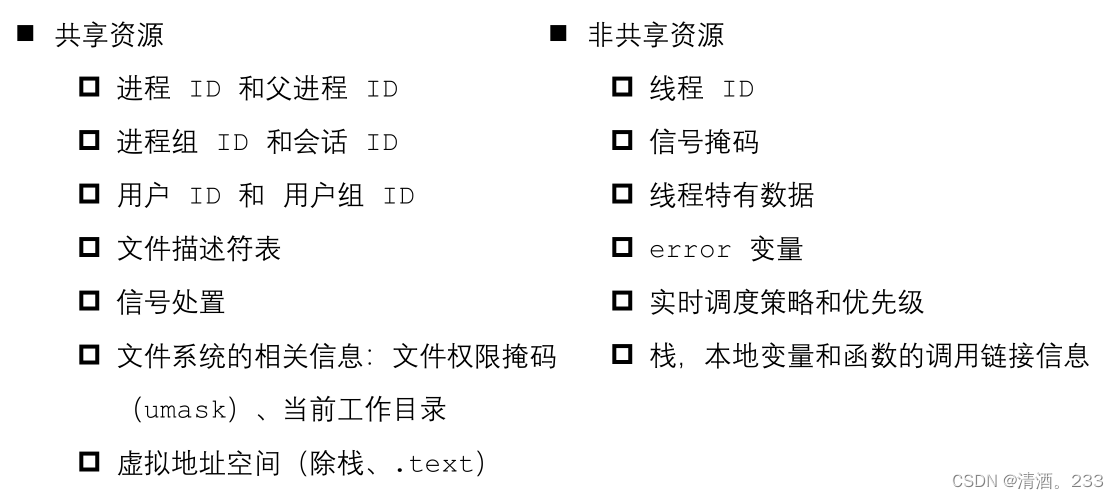
四、创建线程
int pthread_create(pthread_t *thread, const pthread_attr_t *attr, void *(*start_routine) (void *), void *arg);功能:创建一个子线程
参数:
- thread:传出参数,线程创建成功后,子线程的线程ID被写到该变量
- attr:设置线程的属性,一般用默认值,NULL
- start_routine:函数指针,这个参数是子线程需要处理的逻辑代码
- arg:给第三个参数使用,传参
- 返回值:
成功:0
失败:返回错误号,这个错误号和之前errno不一样
示例代码:
#include <stdio.h>
#include <pthread.h>
#include <string.h>
#include <unistd.h>
void *callback(void *arg)
{
printf("child thread....\n");
printf("arg value :%d\n", *(int *)arg);
return NULL;
}
int main()
{
pthread_t tid;
int num = 10;
// 创建一个子线程
int ret = pthread_create(&tid, NULL, callback, (void *)&num);
if (ret != 0)
{
char *errstr = strerror(ret);
printf("error:%s", errstr);
}
for (int i = 0; i < 5; i++)
{
printf("%d\n", i);
}
sleep(1);
return 0;
} 五、终止线程
五、终止线程
1.pthread_exit函数用于终止调用它的线程。它允许线程返回一个指针作为退出状态(类似于进程的退出状态)。void pthread_exit(void *retval);
retval:指定线程的退出状态,这个指针的值将被传递给任何等待该线程的线程。通常,这个指针可以指向一个在堆上动态分配的内存块,或者是某个静态或全局变量的地址。调用
pthread_exit的线程将立即退出,不会执行后续的代码。线程的退出状态将被设置为retval指定的值。2.pthread_self用于获取子线程的id
以下是一个简单的示例,演示了
pthread_exit、pthread_self 的用法:#include <stdio.h> #include <pthread.h> #include <string.h> void *callback(void *arg) { printf("child pthread id:%ld\n", (long)pthread_self()); return NULL; } int main() { pthread_t tid; int ret = pthread_create(&tid, NULL, callback, NULL); if (ret != 0) { char *errstr = strerror(ret); printf("error: %s\n", errstr); return 1; } // 主线程 for (int i = 0; i < 5; i++) { printf("%d\n", i); } printf("tid:%ld, main thread id:%ld\n", (long)tid, (long)pthread_self()); // 等待子线程结束 pthread_exit(NULL); return 0; }
